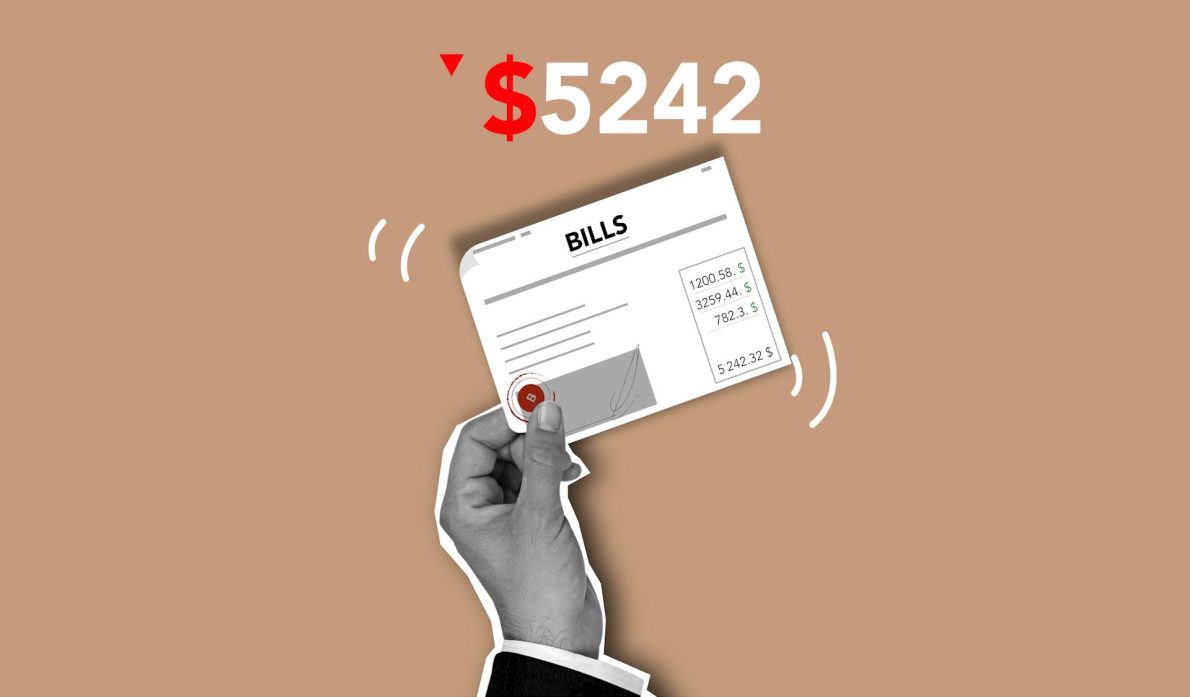In order to run a successful small business, you need to keep costs low. Many small businesses cannot afford to pay out thousands of dollars per year on a single expense. And yet many companies end up being hit by these big costs as a result of poor planning. Below are just a few examples of big costs that could bring down your small business – and how to avoid these costs.
High premises rent
For many businesses with offices or physical stores, rent can be one of the biggest annual expenses. Choosing somewhere with very high rent will force you to have to earn more just to break even. This could mean having to increase prices – which could result in you being more expensive and less desirable than some of your competitors. Until you’re making a large turnover, it’s best to be very picky as to which premises you choose. This could mean avoiding central locations for areas more out of town, or even looking into options like shared office space or working from home.
Too much debt
A lot of companies borrow huge amounts of money to pay for initial costs. If you’re not making a lot of money straight away, you could find it hard to keep up with debt repayments. This is why debt isn’t always the best way to fund a startup – particularly one with very high startup fees. Seeking funding from an angel investor or VC firm could mean that you have to pay shares instead of debt – and you won’t need to start paying out these shares until you’ve started making an income.
Legal claims
If you are sued, you could end up having to pay tens of thousands of dollars in litigation fees. Roughly 90% of all businesses have to deal with a lawsuit at some point. How can you protect yourself against such lawsuits? By seeking out the best small business insurance policy. Business insurance can offer compensation if you are sued – but you will only be covered against certain types of lawsuit. Of course, there are many steps you can take to prevent you getting sued in the first place such as enforcing strict health and safety measures, keeping contracts legally tight and watching what you say.
Cyberattack ransoms
A growing number of small businesses are being targeted by ransomware attacks. This is when a cybercriminal encrypts a company’s data, threatening to keep it encrypted/destroy it unless a ransom is paid. These ransoms can be as high as ten thousand dollars or more. Putting in place strict cybersecurity measures could prevent you being a target of such an attack. You can also look into cyber insurance.
Government fines
As a business, it’s important that you abide by business laws. If you are found to be breaking a law – such as not paying the right amount of tax or operating without a certain licence – you could receive a huge fine (or even go to jail). It’s important to talk to a lawyer when starting your business or making big changes so that you can get a clear idea as to what is legally required of you.

















